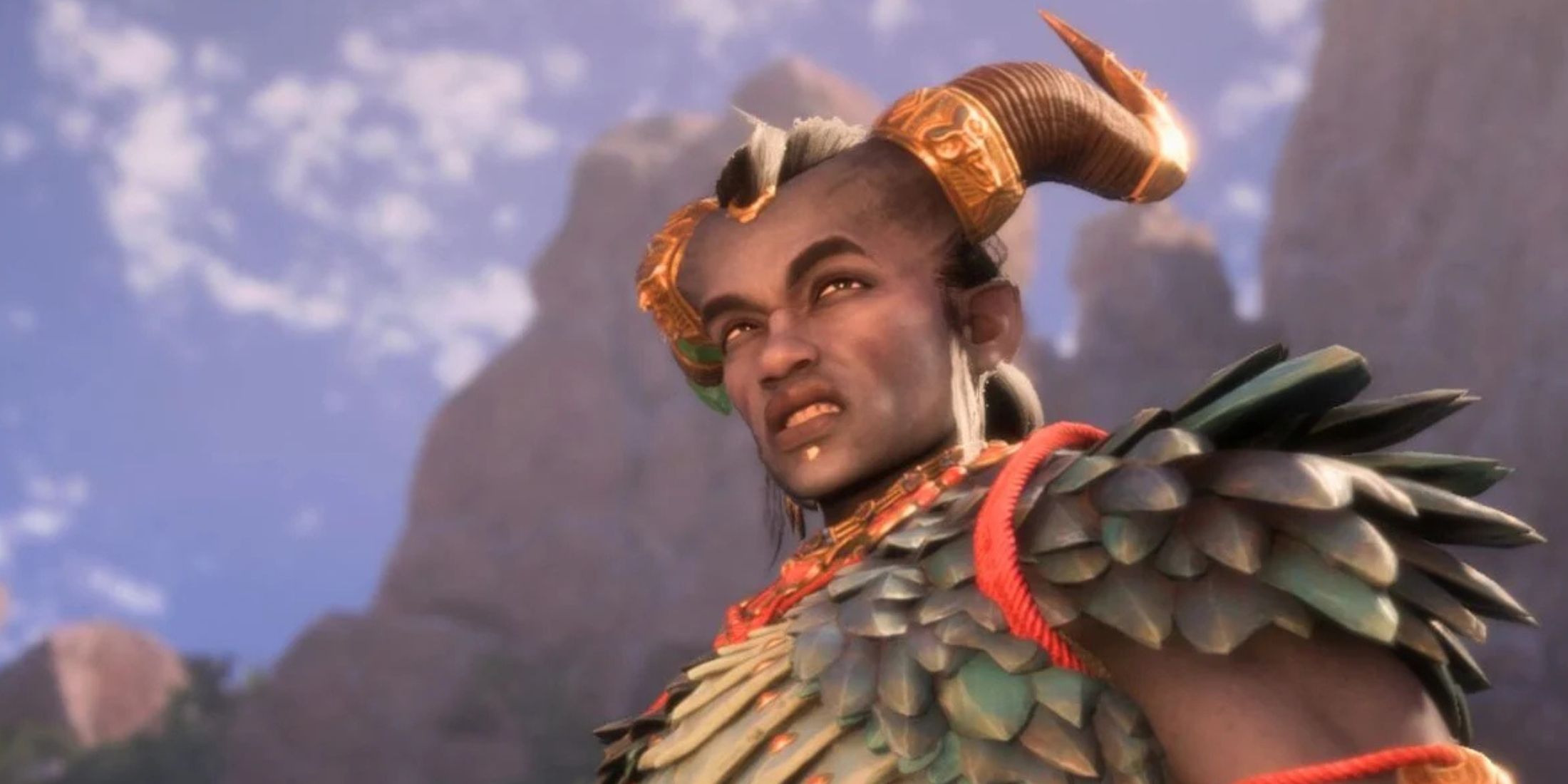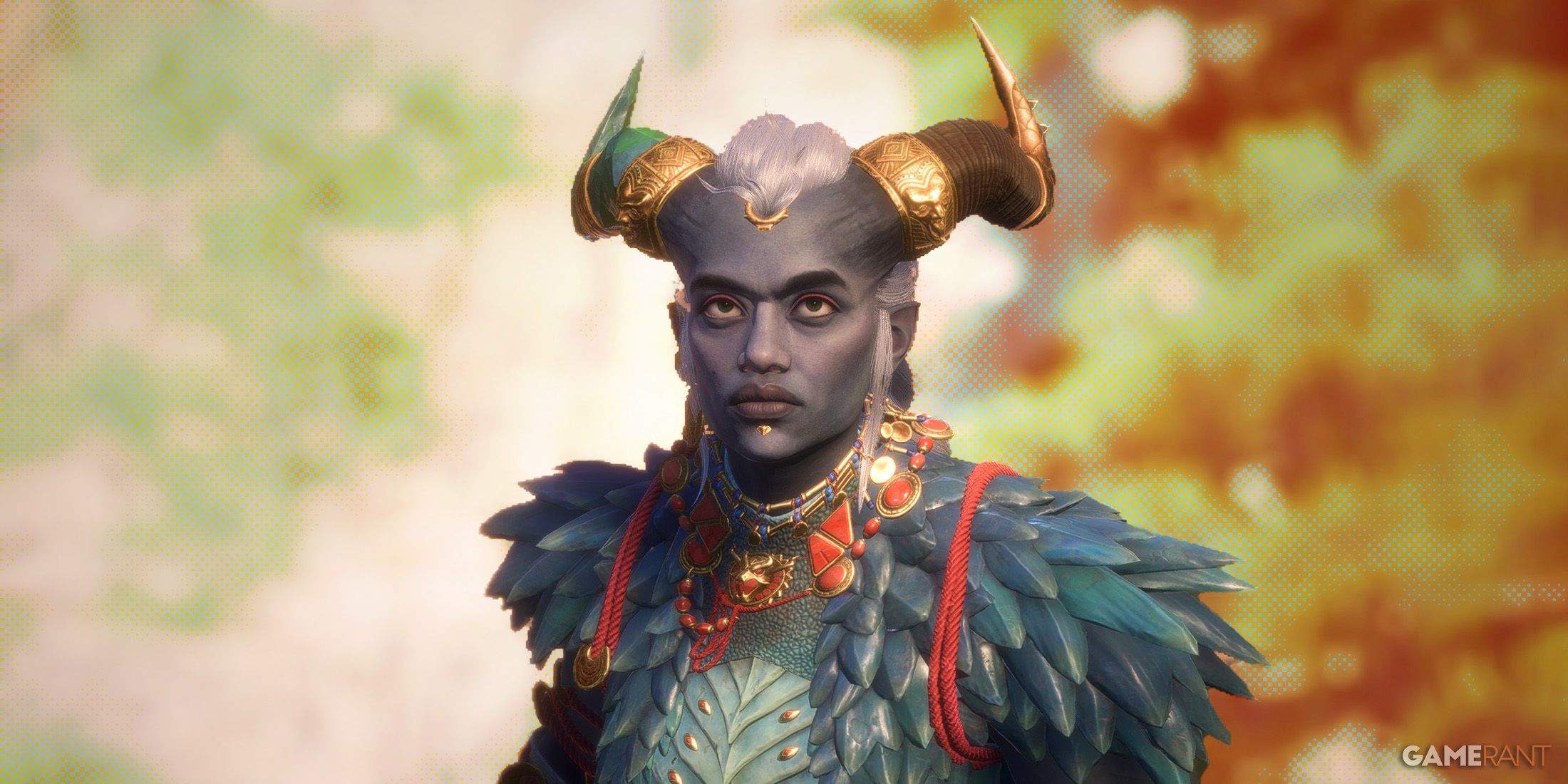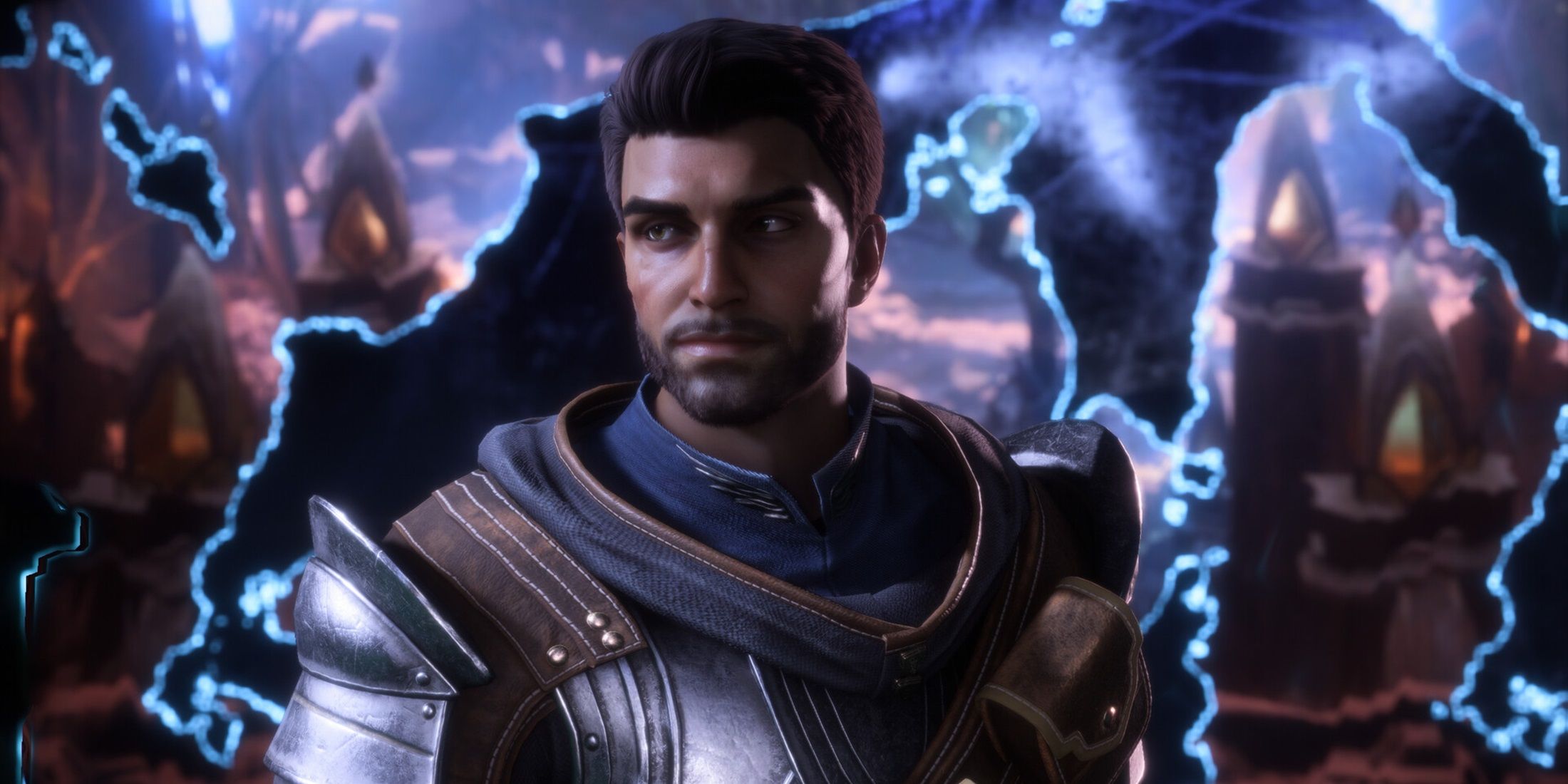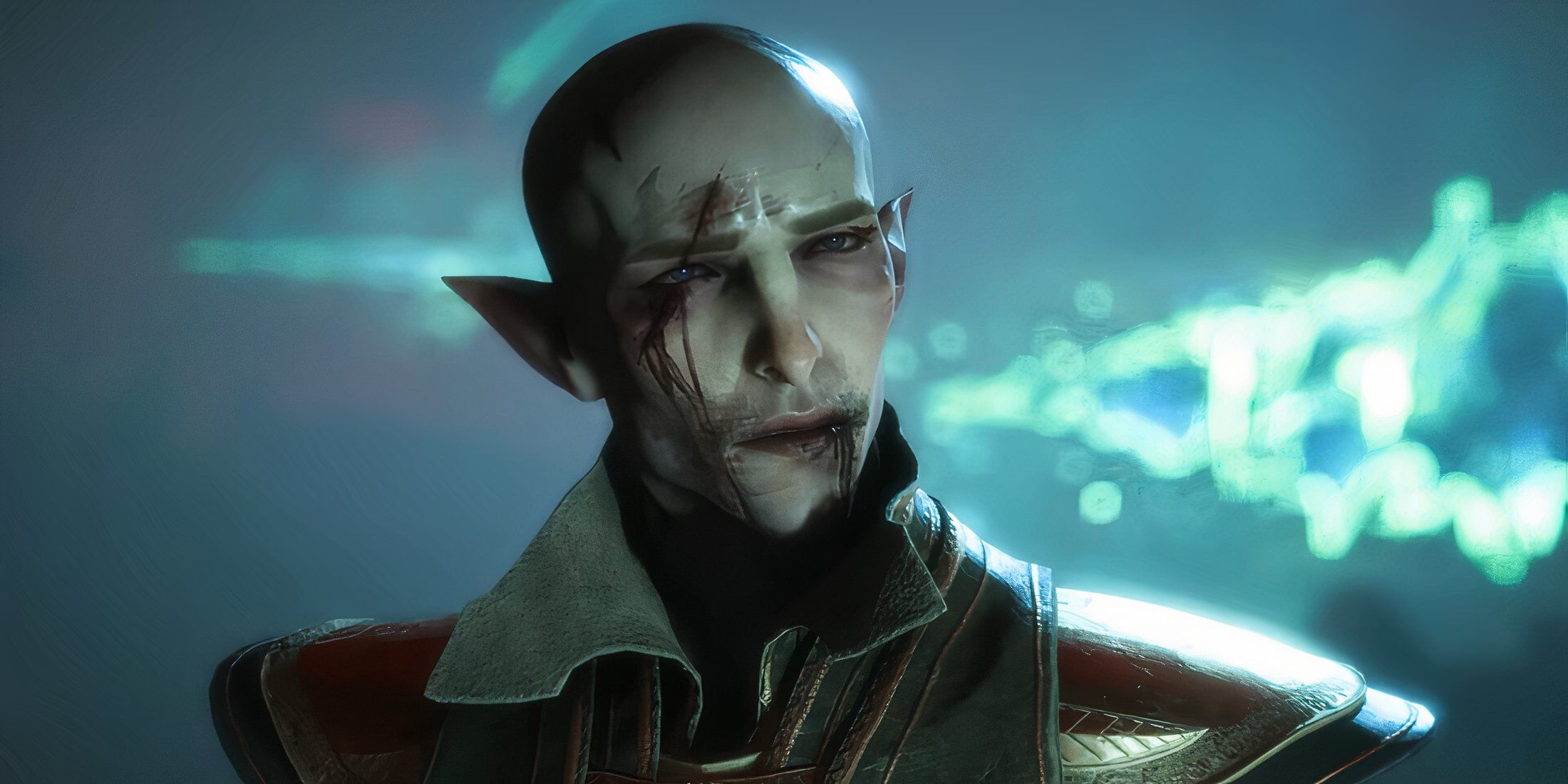Behind the Corporate Curtain: Former BioWare Producer Reveals Why EA Views Dragon Age as “Super Nerdy”
Popular Now
 Rust
Rust
 Gacha Club
Gacha Club
 R.E.P.O
R.E.P.O
 Genshin Impact
Genshin Impact
 Grand Theft Auto V
Grand Theft Auto V
 Fortnite
Fortnite
 Free Fire Max
Free Fire Max
 Stumble Guys
Stumble Guys
 Schedule I
Schedule I
 BeamNG.drive
BeamNG.drive
 The long and often tumultuous relationship between BioWare and its parent company, Electronic Arts (EA), has once again become a hot topic in the gaming industry. In a candid interview with YouTuber MrMattyPlays, former BioWare executive producer Mark Darrah has offered a rare glimpse into the corporate mindset at EA, explaining why the publisher has historically struggled to embrace the Dragon Age franchise. Darrah, a veteran of the studio who worked on the first three games, revealed that EA executives, particularly those from the “sports side” of the company, have always viewed Dragon Age: Origins as “super nerdy” and lacking the “mainstream success” that they crave. These comments, along with Darrah’s other recent revelations, paint a clear picture of the internal conflicts that have shaped the direction of the series and are a major reason why a long-hoped-for remaster was never greenlit. For any player of this beloved fantasy RPG, this news is a crucial piece of the puzzle, explaining the series’ often-inconsistent gameplay and creative direction.
The long and often tumultuous relationship between BioWare and its parent company, Electronic Arts (EA), has once again become a hot topic in the gaming industry. In a candid interview with YouTuber MrMattyPlays, former BioWare executive producer Mark Darrah has offered a rare glimpse into the corporate mindset at EA, explaining why the publisher has historically struggled to embrace the Dragon Age franchise. Darrah, a veteran of the studio who worked on the first three games, revealed that EA executives, particularly those from the “sports side” of the company, have always viewed Dragon Age: Origins as “super nerdy” and lacking the “mainstream success” that they crave. These comments, along with Darrah’s other recent revelations, paint a clear picture of the internal conflicts that have shaped the direction of the series and are a major reason why a long-hoped-for remaster was never greenlit. For any player of this beloved fantasy RPG, this news is a crucial piece of the puzzle, explaining the series’ often-inconsistent gameplay and creative direction.
 The Corporate Dilemma: Mainstream vs. “The Nerds in the Cave”
The Corporate Dilemma: Mainstream vs. “The Nerds in the Cave”
According to Darrah, the core problem with Dragon Age from EA’s perspective is its identity. He explained that EA’s leadership, which is heavily influenced by the success of its sports titles like Madden and FIFA, struggles to see the mainstream appeal in a game like Dragon Age: Origins. The game’s focus on deep lore, tactical combat, and a complex fantasy world is something that, in EA’s eyes, appeals only to a niche audience—the “nerds in the cave,” as another BioWare veteran, David Gaider, famously put it. This has created a constant push from the publisher to make the series “more mainstream” and “more accessible,” a pressure that Darrah says has been present since the beginning. This desire for broader appeal has led to:
- A Push for Action: The changes in gameplay from the tactical, top-down combat of Origins to the more action-oriented approach of Dragon Age 2 and Inquisition can be directly linked to EA’s desire for a more accessible experience.
- Focus on Mass Effect: Darrah also noted that EA has “always preferred Mass Effect, straight up,” because they could more easily see its mainstream potential. The sci-fi setting, with its more familiar visual style and cinematic storytelling, was something that EA’s corporate executives could grasp and market more easily than the high-fantasy world of Thedas.
- Internal Resource Wars: This favoritism for Mass Effect has also led to a number of internal conflicts at BioWare, with the two teams often “not getting along” and fighting over resources. This has had a hugely negative impact on both franchises, as the studio’s talent and attention were often split between multiple projects.
The Remaster that Never Was: A Victim of Corporate Logic
The “super nerdy” label is not just an insult; it’s a financial and logistical barrier. In a separate interview, Darrah revealed that a remaster of the Dragon Age trilogy was pitched to EA, but it was ultimately shot down. The reason, he explained, was twofold. First, EA is “kind of against remasters” as a business strategy, which is a bizarre stance for a publicly-traded company that could easily make a lot of money from a low-risk project. Second, and more importantly, the technical challenges of remastering Origins—which was built on an “archaic” proprietary engine—would have made the project “unknowably harder” and more expensive than the successful Mass Effect Legendary Edition. This meant that the project was seen as too much of a risk for a franchise that, in EA’s eyes, was not a surefire mainstream success. This is a classic example of corporate logic clashing with fan demand, and it shows why so many beloved games never get the modern re-releases that they deserve. The recent poor reception of Dragon Age: The Veilguard has only amplified these issues, leaving the future of the series in a state of deep uncertainty.

 What This Means for the Future of Dragon Age
What This Means for the Future of Dragon Age
The revelations from Darrah paint a grim picture for the future of the Dragon Age franchise. The series has always been a battle between BioWare’s creative vision and EA’s corporate demands, and it seems that the struggle has taken its toll. The consistent push to make the game “more mainstream” has alienated a portion of the original fanbase, while the perceived lack of a clear, modern identity has made it difficult to attract a new one. With Darrah’s comments, it’s now clear that the franchise’s problems are not just about game design; they are about a fundamental disconnect between the creators and the publishers. While the future of Thedas is still uncertain, Darrah’s candidness is a powerful reminder of the complex forces that shape the games we play and the challenges that developers face when trying to balance artistic integrity with commercial success. It’s a sad but necessary truth for any fan of the series to come to grips with.








